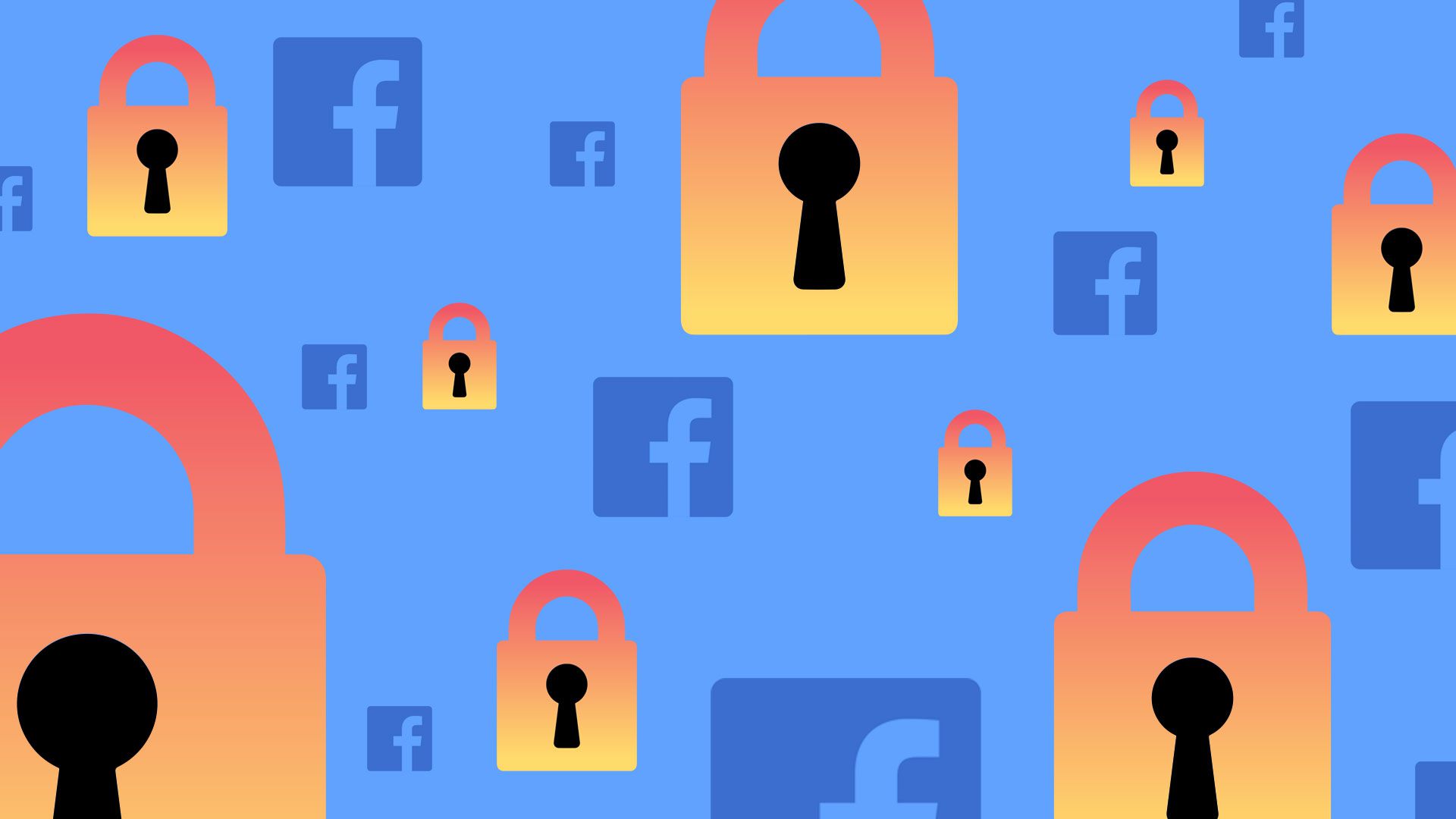Mark Zuckerberg wanted to build an online platform that connected internet users from around the world, so he launched it at Harvard University, where two-thirds of the school signed up. It was after this that Zuckerberg decided to do an “all-out” launch, which then eventually gained hundreds of millions of users.
Zuckerberg was always fascinated by hacker culture and the fact that programmers could build applications that can easily change the world. Silicon Valley always had a positive stigma around technology because they thought it would always help the world become a better place; however, this masked the negative implications that some technology has had on the world.

Facebook had a toxic vision that turned into a lucrative business plan. Zuckerberg has always been passionate about spreading Facebook’s mission: to give people the power to share in order to make the world more open and connected. This mission statement was so powerful that Facebook staff would frequently yell the mission to each other.
Antonio Garcia Martinez was a former product advertiser on Facebook’s advertising team. He informs us that Silicon Valley has a “mafioso code of silence” that prevents staff from speaking unflattering things about their respective businesses, but that he believes Facebook still needs to be more transparent about his business.
By 2007, it was clear that Zuckerberg’s real goal was worldwide expansion. Naomi Gleit, the Facebook VP of Social Good, is on the growth team and informs us that the goal of the growth team was to make Facebook available to those who wanted it and couldn’t have access to it.
This goal involved translating Facebook into over 100 languages and getting high school students to make their Facebook accounts. There are now over 2 billion active Facebook users every month.


Although the growth team was successful in growing Facebook’s consumer base, the most important aspect of Facebook was the News Feed; it kept the active users engaged. The News Feed was a thread of images, stories, and articles shared by friends, advertisers, and others. Facebook describes the News Feed to be a sort of personalized newspaper. The personalization was viable because of many computer algorithms.
The “like” button on the News Feed was added in 2009, and it was significant because it helped collect data on users and it helped active users feel like they were heard in the Facebook world. It is important to note: at the time, the data collected from the “like” button was of no value to Facebook; it only helped the algorithm run efficiently.
Facebook was one of the principle beneficiaries of Section 230 of the Communications Decency Act; this legislation stated that Facebook was not responsible for the word’s of its users. However, Facebook still made a values statement that all of its users had to agree to. This had positive implications for users around the world as shown in the next few sentences.
In Cairo, Egypt, in the year 2011, a Facebook page was made to protest the criminal acts committed by the regime of Hosseini Mubarak. This Facebook page was growing until there was a significant conflict in Tunisia. In Tunisia, there was a revolution that toppled its horrible regime. Inspired by this, the Facebook page made a Facebook event that called for a revolution to topple Mubarak’s rule. The event lasted for 18 days until Hosseini Mubarak decided to step down.
While Facebook played a major role in the liberation of Cairo from its dictator, it also had its negative implications. Cairo was at civil unrest because some people wanted Christians to come to power in Egypt, but other people wanted Muslims to come to power in Egypt (adopting Islamic laws). There were many slurs thrown on both sides and a lot of name-calling; since this was seen as a good thing on each side, such posts were liked, commented, and shared. This means that the Facebook algorithm automatically shared such violent posts to more users. Some users made fake accounts to mimic other users and make harsh posts.


After many interviews on Mark Zuckerberg, a key interviewer claimed that Zuckerberg had never really thought about privacy risks when he was building Facebook. It was as if Facebook had an extremely loose privacy policy.
The FTC (Federal Trade Commission) also found that Facebook had been misleading users bout their data. In actuality, Facebook was sharing personal user data with third party developers, companies that build games and apps for the platform. Facebook never asked for consent to share its users’ data.